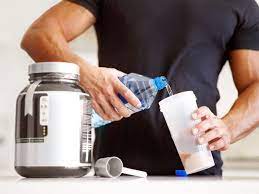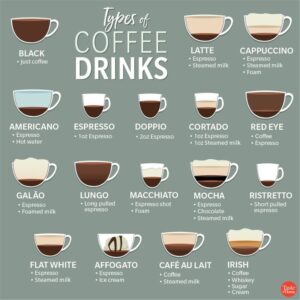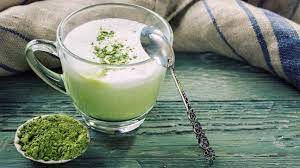5 Common Protein Intake Mistakes and How to Avoid Them

Eating a high-protein diet is important for a variety of reasons, including weight loss and muscle development. But it’s also important to remember that protein is only one of many nutrients you need to keep your body healthy.
Putting the focus solely on protein can leave other vital nutrients like carbohydrates and healthy fats out of the equation, which is why Dr Axe recommends that you make a balanced approach to your nutrition plan.
- Not Getting Enough Water
Water is essential for your health, but if you’re not getting enough of it, you may start to feel sick. It helps your body digest food, absorb nutrients, flush toxins and get rid of waste.
Depending on your age, physical activity, and illness, you’ll need more water than the standard recommendation of eight glasses per day. For example, children and adults with heart disease need to drink more than those without a medical condition.
If you wake up thirsty in the middle of the night, this could be a sign of dehydration. You can prevent dehydration by drinking a glass of water every hour or two during the day.
- Not Eating Enough Meals
If you find yourself often feeling hungry or sluggish, it could be an indication that your protein intake is too low. You should get about 0.36 grams of protein per pound of body weight (0.8 grams per kg) daily, and your doctor can help you determine if you’re getting enough.
Not only does protein help you feel full, but it also boosts your immune system. It produces antibodies that signal white blood cells to fight off intruders, bacteria and viruses.
- Not Getting Enough Protein in Your Diet
Protein is a nutrient that your body needs for optimal health. It’s the building block of every cell and plays a number of important roles.
For example, your body uses proteins to build muscle, and the amino acids in protein can help you burn fat as you slim down.
It also helps you feel fuller after eating, which can make you more likely to stick with a diet plan that includes plenty of protein-rich foods.
Ideally, your diet should include protein from a variety of sources throughout the day. Aim to get about 10% of your calories from protein (about 0.36 grams per pound of body weight, for example).
- Not Getting Enough Protein in Your Diet
Protein is one of the most important nutrients you can consume. It’s a building block for muscles, bones, skin, hair and many more parts of your body.
Aim to eat at least 10% of your calories from protein (in grams, multiply your weight in pounds by 0.36). You can get that amount from a variety of foods.
Protein is essential to maintaining muscle strength as we age and preventing the loss of muscle mass that occurs with sarcopenia. It also helps keep your immune system strong and prevents you from getting sick.
- Relying on Protein Shakes
Protein shakes are a common supplement for people who need to get extra protein into their diet. They can be mixed with water or milk and are a convenient way to replace a meal or snack.
They can also help with recovery from exercise. For example, a protein shake can be drunk right after a workout to aid muscle repair and growth.
However, many health experts caution against relying on shakes too often. Instead, eat protein-rich foods that are satiating and filling.







